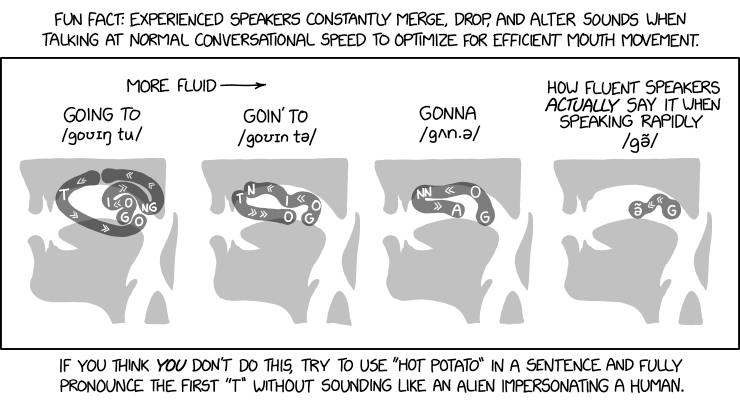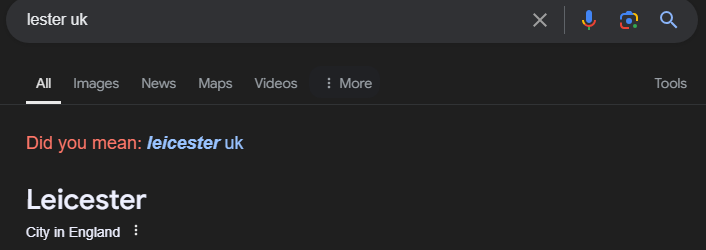I once met a girl in a bar who spoke such absolutely perfect and grammatically correct German she did sound like an alien impersonating a human.
Or someone who very much wants to show that she's better than you.
Turns out she wasn't from Germany at all. She was an immigrant from Slovakia, who had learnt German at such a high level that it sounded weird.

